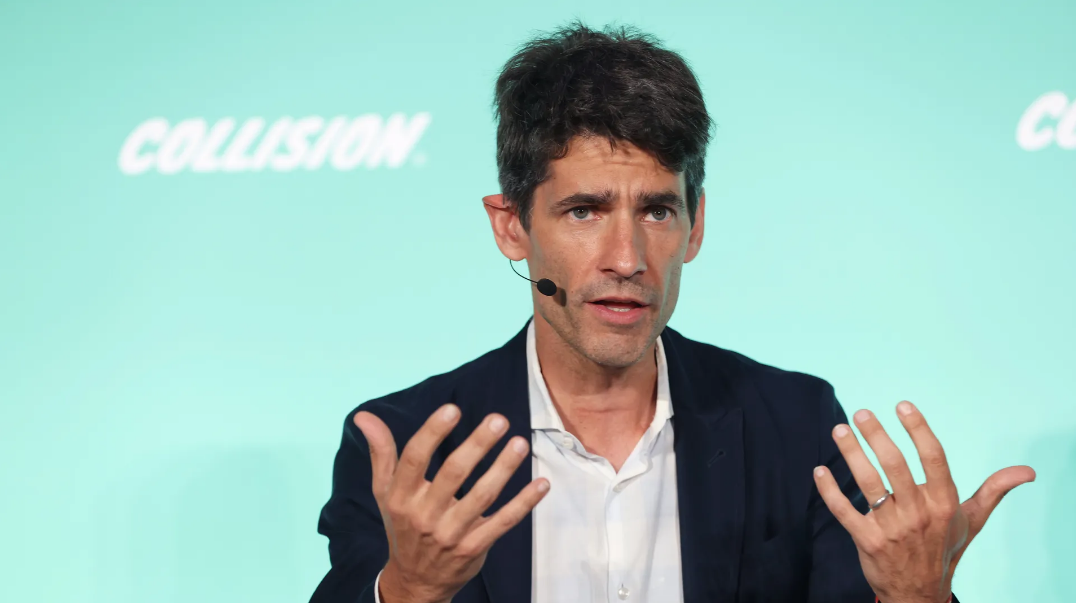- The Publisher Newsletter
- Posts
- Wednesday 9th August: The Atlantic hopes to reach profitability next year
Wednesday 9th August: The Atlantic hopes to reach profitability next year
Good morning! Today's newsletter is brought to you by Esther.
It’s easy enough to comment on everyone else’s media businesses, but it can be really hard to find the time to sort out our own between doing the podcast and events (we’re still barely part time on Media Voices!) Anyway we’ve finally pulled together a shiny sponsorship pack with all our podcast options.
Another commercial note, which I’ll try not to apologise for as it’s how we keep the lights on: our annual Media Moments 2023 report sponsorship slot is up for grabs. Reply to this email if you’d like to see the proposal doc!
I love a sneak peek under the bonnet of other publishing companies. After years of losing money, The Atlantic is hoping to finally reach profitability in 2024, CEO Nicholas Thompson told Axios. But to do so, it's having to make some short-term changes to its advertising business that are impacting its top line.
"We changed the way we sell in that we reoriented around trying to increase profit," Thompson said, noting that the company's ad business this year is more profitable than it was last year. But despite slower ad and sponsorship sales, the publisher has actually booked more revenue to date thanks to a surge in subscriptions.
As they near the 1 million subscriber mark, Thompson’s focus on reducing its losses sustainably means they’re looking at making around 60% of their total revenue from consumer subscriptions. In an ever-challenging ad market, that seems like a sensible bet.
Generative AI chatbots like OpenAI’s ChatGPT work in a similar way to search engine bots, which crawl and collect information from sites to surface them in search results. You can turn off the ability for bots to crawl your content, but this is also how search engines’ index pages. The short answer is that there’s no compromise-free way (yet) of opting out of AI bot crawling.
You good people all know this already but here’s Mark Challinor banging the ‘quality not quantity’ drum. It’s something I’ve argued fervently for as podcast listener metrics are going the same ridiculously inflated way as website traffic numbers. Still, it’s a tough conversation to be having with advertisers who are used to seeing numbers with a couple of extra zeros.
Publishers face a constant conundrum with new tech: dive in too soon and risk resources on fleeting trends; wait too long and play catch-up with competitors. TikTok has grown and grown, Clubhouse barely lasted a summer, and the less said about the Metaverse, the better (for now). Here, Yuen-C Tham proposes a framework to evaluate whether the Next Big Thing is worth your time.
More from Media Voices






